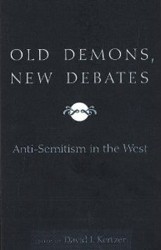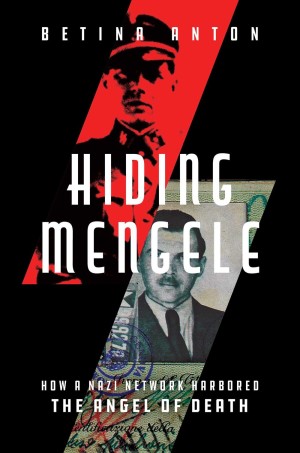Although an atheist by conviction, Benito Mussolini, seeking legitimacy for his fascist dictatorship, signed a concordat with the Catholic Church in 1929. The so-called Lateran Treaty returned to the Vatican most of the privileges it had lost when Italy was unified as a secular democratic country in 1871. The Vatican subsequently signed a concordat in 1933 with Nazi Germany, with the promise that both dictators would join the Church in the fight against Bolshevism, which they believed was spawned by the world-wide Jewish conspiracy. As Mussolini moved closer to Hitler, Pope Pius XI saw an increasing erosion of the agreements both dictators had signed with the Vatican, and concluded that both countries were promoting a pagan religion based on a cult of personality. What began as the restoration of Italy as a Catholic country with all of its past privileges now witnessed the persecution of Catholic priests and nuns in Nazi Germany and a decreasing influence of the Church in Italy. In 1938, when Mussolini passed his racial laws, the pope was opposed by most of his bureaucracy — including Eugenio Pacelli, the future Pius XII — in his determination to criticize Mussolini’s treatment of the Jews.
As Pius XI continued to witness the deterioration of relations between the Vatican and the dictators, he authorized John LaFarge, an American priest, to write a draft of an encyclical that would have attacked Nazi racism and anti-Semitism, Humani Generis Unitas (“The Unity of the Human Race”). Vatican Secretary of State Eugenio Pacelli, however, appointed two conservative church officials to join Lafarge so as to temper the essence of Pius XI’s encyclical. The encyclical was never completed. When Pius XI died in 1939, the Pacelli, fearful that Mussolini would be outraged over a document that was critical of both his racial laws as well as his Nazi partner’s anti-Semitic policies, buried the document in the Vatican archives where it remained until its discovery in 1972 and subsequent publication in 1997.
David Kertzer, whose book won the Pulitzer Prize, is an authority on Jewish – Church history, and includes in his riveting account the prevalence of anti-Jewish attitudes among the Vatican hierarchy — ranging from extreme to mild prejudice, with Pius XI among the former. Kertzer ‘s volume makes it clear that an understanding of the “silence“of Pius XII during the Holocaust requires taking into account his reluctance to confront fascism and Nazism as the pope’s secretary of state, as well as his attitudes towards the Jews during the papacy of Pius XI.




